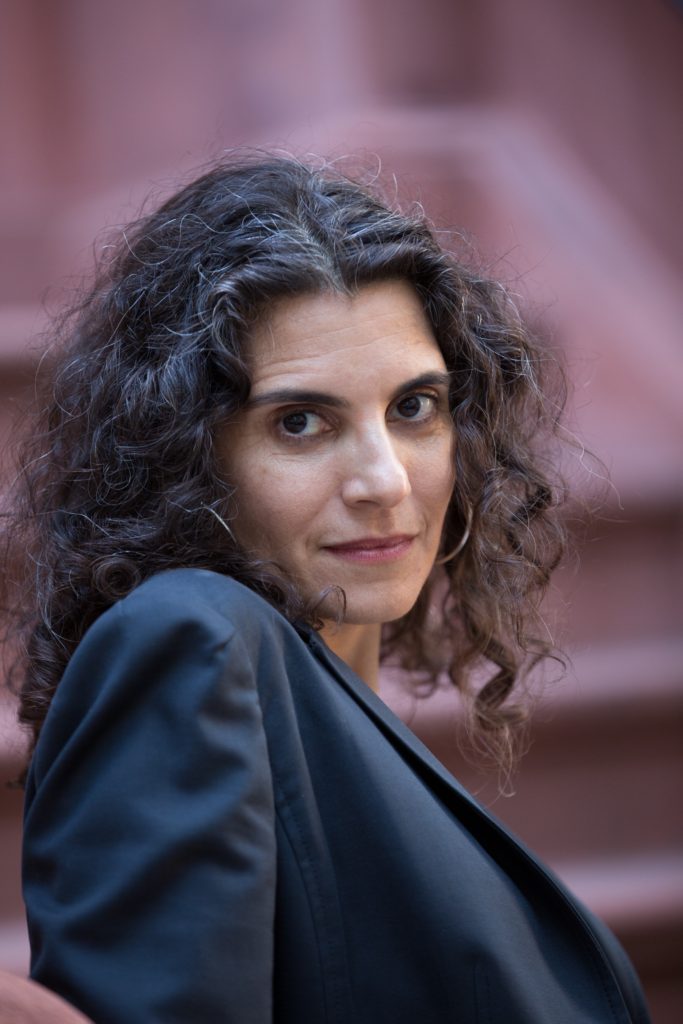
Our Approach
Growing up in the public schools of the vanilla suburbs of northern New Jersey, I always thought that being a religious leader would be the greatest job in the world. There was just one problem: I didn’t have a religion. My mother was a devoutly secular Jewish-heritage intellectual and no dogmas ever darkened our door. I was always told that I could be anything I wanted to be – not only in the sense that I could become president of the United States, but in the sense that I could be religiously, culturally, even ontologically anything. I loved the wide world of possibilities open before me and I acquired a contempt of prescriptive doctrines of any kind. At the same time, I always yearned for the groundedness offered by a more traditional religious identity. I visited churches and synagogues every weekend, pressing my nose against the glass, and longing for the rituals, disciplines, and practices that enriched the lives of my religious friends.
Being a good Gen Xer, my career has followed a winding path since then, in my case from working the counter at a kosher bakery in Oakland to founding a web startup in Seattle to making a foray as a singer-songwriter (winning the SIBL International Songwriting Competition and a glowing review in Billboard magazine) in San Francisco. But during this time of my young adulthood, I also began a spiritual journey that refocused my life – a journey that connected me to my Jewish heritage and led to my current career. I studied Hebrew and became an avid student of both ancient and contemporary traditions of biblical interpretation. I discovered a world of meaning and a spiritual depth that was thrilling. I began to feel the movement of God in my life. The call to spiritual leadership that I had felt as a child stayed with me and eventually landed me at The Divinity School at the University of Chicago.
Today, I serve as senior minister of First Unitarian Congregational Society in Brooklyn, a quickly-growing urban Unitarian Universalist congregation. Serving a congregation comprised mostly of people who have left their family’s faith or who, like me, were raised without religion, I’ve been able to see in vivid color both the gifts and limitations of contemporary liberal religious life. I have a foot in two worlds: a foot in the world of secular humanism (with its critique of religion) and a foot in the world of religion (with its critique of spiritually impoverished modernity). This dual vision has formed the basis of my ministry and of my writing. In my book on the Ten Commandments, No Other Gods, I use this dual vision to make the case for keeping commandments in our postmodern, post-religious era.
My sermons have won numerous awards, including the Borden Sermon Award, the Jerry Davidoff Sermon Award, and the Dana Greeley Sermon Award. My writing has been published in UU World, Criterion (a University of Chicago Publication), Quest for Meaning, and frequently in Tikkun magazine where I am a contributing editor. My letters and opinion pieces have been published in The New York Times and The Guardian, respectively.
I live in New York City with my husband and two children, both age eleven. In a life with many, many blessings, the love in my family is the greatest blessing of them all.